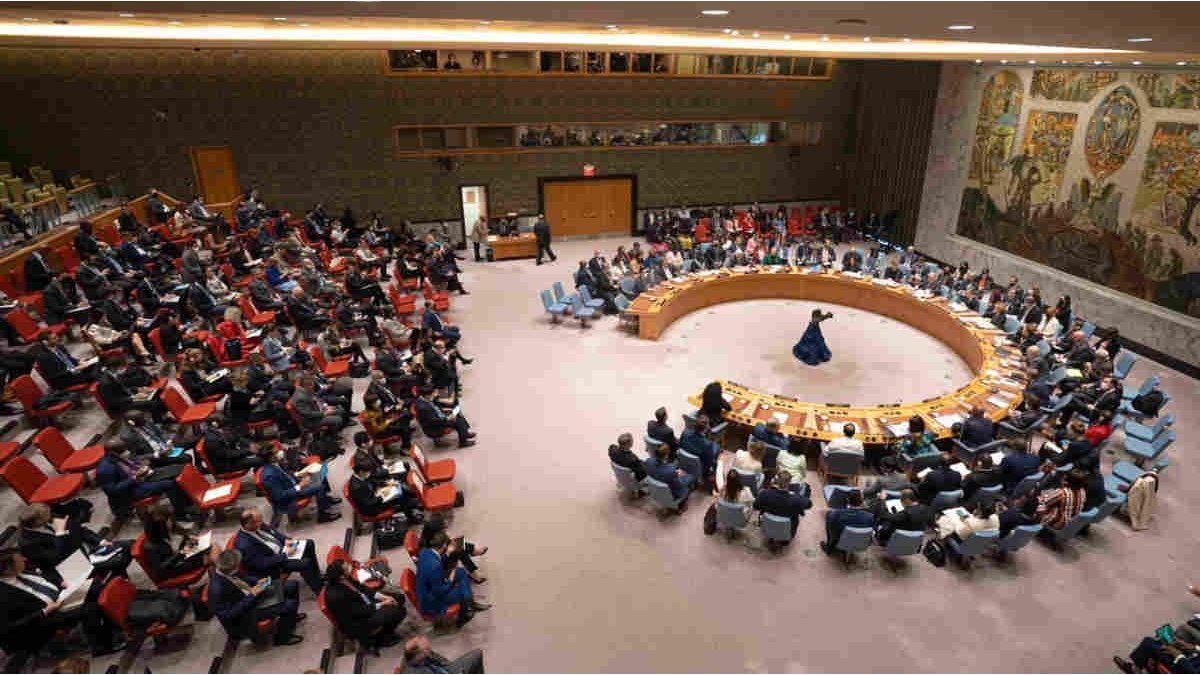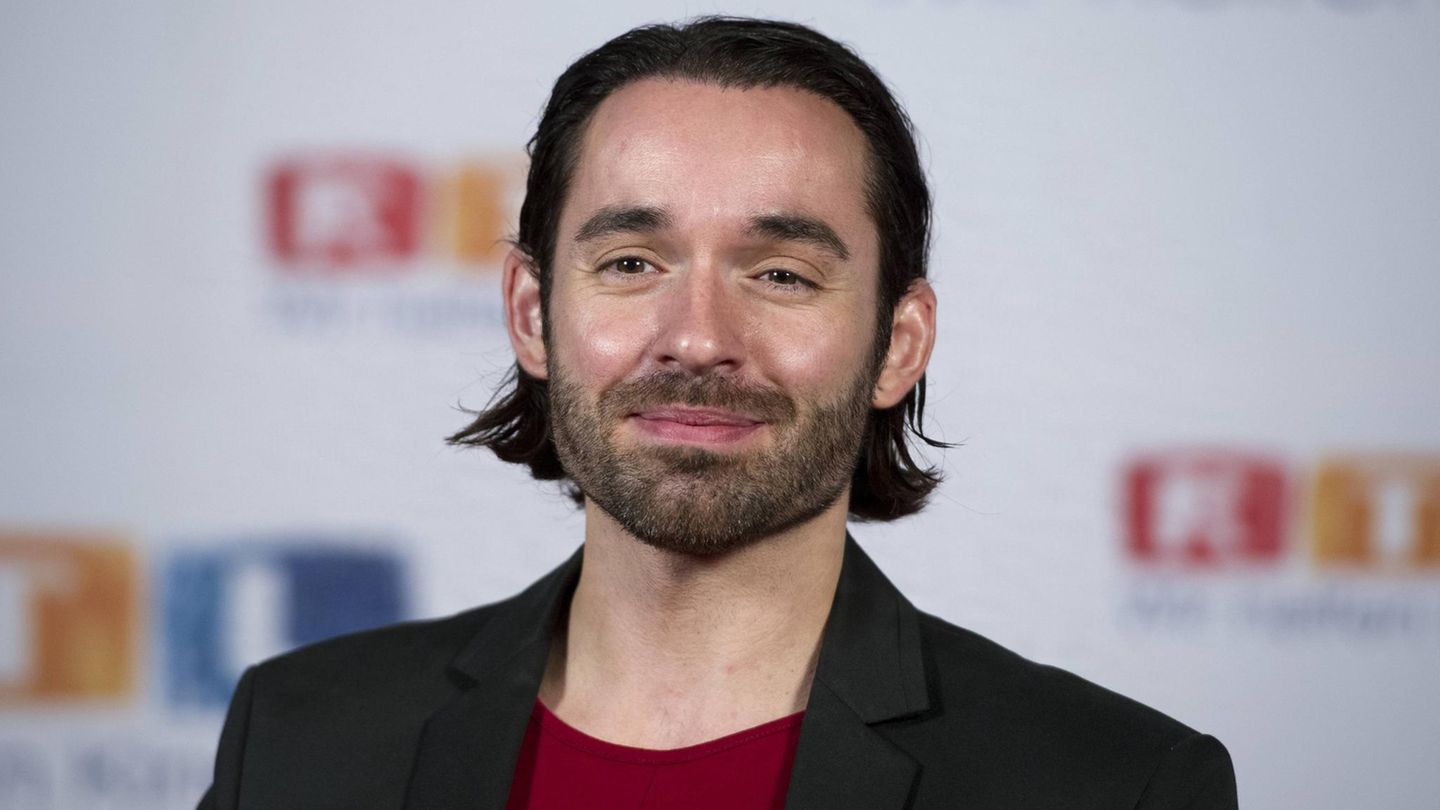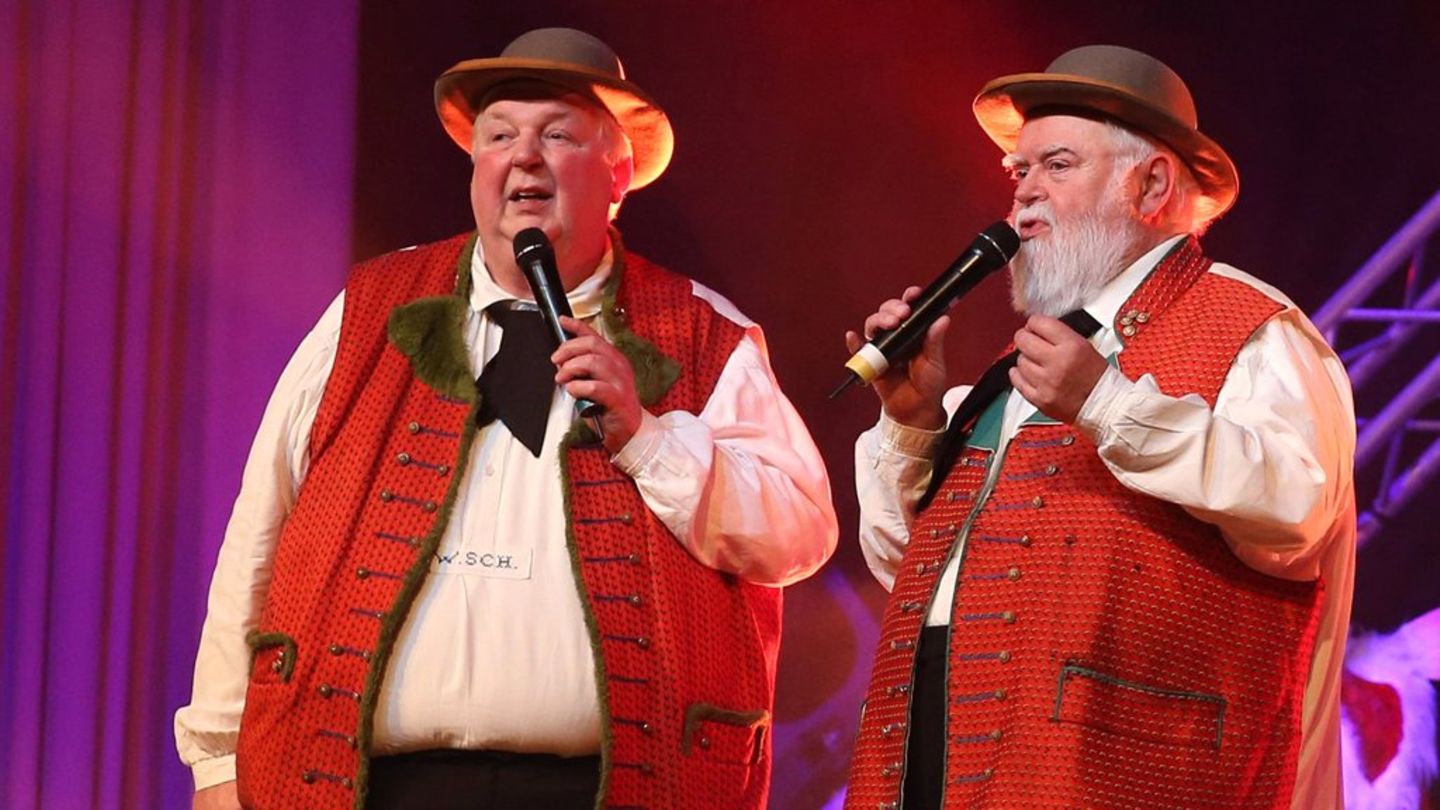Covid-19 and the lockdowns have caused the number of cancer check-ups in Austria to drop significantly. In 2020, 13 percent fewer mammograms and 15 percent fewer screening colonoscopies were registered. “We therefore fear increased mortality in the coming years, since time is a decisive factor with cancer: the earlier it is detected, the better the chances of treatment,” said Paul Sevelda, President of the Austrian Cancer Aid, at the presentation of the first Austrian Cancer Report.
The data in this report, which is to be published annually on the occasion of World Cancer Day on February 4, is based on information from the Austrian Cancer Registry. According to this, around 42,000 people develop cancer in Austria every year, men are affected a little more often than women. For both sexes, malignant tumor diseases are the second most common cause of death after cardiovascular diseases. Breast cancer is one of the most common types of cancer in women and prostate cancer in men.
Karin Eglau from Gesundheit Austria GmbH analyzed the data for cancer therapies during the Covid 19 pandemic: “There is no significant decline in drug therapies and radiotherapy. It was different with cancer operations, which compared to previous years around five percent.”
Cancer mostly “age-related”
The risk of developing cancer increases with age. Almost 35 percent of people in Austria will develop cancer in the course of their lives, that is one in three. Very few of all malignant tumor diseases are registered in the age group under 45 years, there are slightly more diagnoses in people between the ages of 45 and 60 years. In the age group of 60 to 75 year olds there is already a frequency risk of 18.8 percent, in the older group (75+) it is 33.9 percent.
Also due to better treatment options and numerous new drugs, the “three-year survival rate” has increased rapidly in recent decades and is now more than 65 percent.
While the demographic factors can hardly be influenced, the negative social and societal impact of cancer could certainly be minimized. This currently applies to times of the Covid-19 pandemic, as Sevelda said: “There was a dramatic fear among cancer patients of being infected with Covid-19, of falling ill and having a severe course. This has shown severe isolation. At the Austrian Cancer Aid, we had an increase of 30 percent in the necessary advice and in the necessary immediate financial aid.”
Three questions for Holger Rumpold, Head of Visceral
oncological center Ordensklinikum Linz
How has the pandemic affected the situation of cancer patients in Upper Austria?
Many were very insecure in various respects. Some had immense fears of becoming infected and ending up in intensive care. There were those affected who isolated themselves for months. Then there were concerns about the vaccination, which we doctors were able to dispel: more than 90 percent of cancer patients are vaccinated. They are in a situation where they trust medicine.
In addition to surgery, hormone and chemotherapy, the new immunotherapies are repeatedly mentioned as a hope in the fight against cancer.
This hope is also justified. Immunotherapies are already being used against some types of cancer, such as lung cancer or malignant melanoma. The successes are sometimes immense. Enormous progress has been made in some areas in a very short time. Immunotherapies release the brakes on the immune system caused by the tumor and make it vulnerable again to the immune cells.
Work is being done worldwide to use the mRNA technology – which we know from the corona vaccination – to treat cancer and other diseases. When could there be a vaccination against cancer?
Maybe in five to ten years – you have to remember that tumors differ from person to person. Therefore, a cancer vaccination must be tailor-made. The vaccine would therefore have to match the various properties of the tumor precisely: With mRNA technology, a personalized vaccine could be produced in two or three weeks.
Source: Nachrichten




